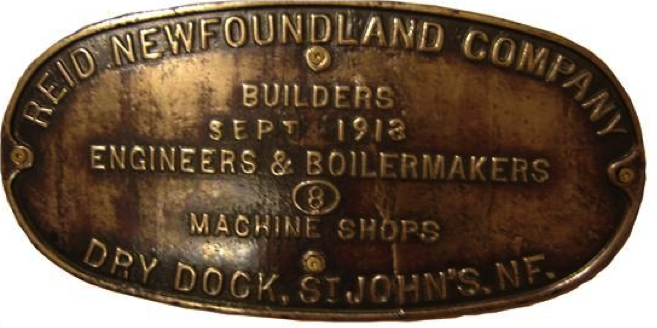I just finished a major journalistic project that involved writing brief profiles on 50 exciting up-and-coming companies.
My job was to explain what each company does, who its customers are, and what has made the firm successful.
Our timeline was tight, so we we made hasty arrangements for interviews with some of the CEOs, but we depended wholly on the web for much of our information.
That means not just scouring companies' websites for information, but also reading annual reports, financial statements, press releases, past interviews in print and on YouTube, customer reviews, industry reports, and whatever else we could find.
The disappointing part, and the concerning part, was to see how bad almost all of these companies are at explaining to a general audience what they do.
Sorry, "award-winning world-class solutions at scale" just doesn't cut it.
Yes, a company that sells sophisticated electrical equipment needs to be able to communicate with sophisticated buyers of that kind of hardware.
BUT, they also need to be able to communicate what they do to everybody else who might be interested in their story: employees and future hires, journalists, potential partners or investors, their local communities, possible suppliers, and all those potential customers who don't really understand which products they need.
If you can't communicate with a general audience at an engaging, Grade 8 level, you're not communicating at all.
My colleagues on this project were as surprised as I was by how bad most of these companies are at explaining what they do. Trying to understand their products, their strategies, or the needs of the marketplace is really difficult when companies talk only themselves in industry jargon.
How can you tell if your company is guilty of selective communication?
Look up all the "About Us" information on your website or in your reports and sales materials. This includes company histories, "What We Do," mission and vision statements, and so on. Then round up your friends, your spouse, golf buddies, second cousins, any average group. Ask them to read this material, and then restate, in their words, what your business does.
Ask them, too, what benefits you provide, how you do it, and who your audience is.
I predict you'll find that your explanations are nowhere near as clear as you thought.
How do you fix this problem?
Find someone on staff who can write, and challenge them to tell your story better. Hire a marketing student, or an ex-journalist, or even a PR firm, to tell your story. Let them ask all the questions they like. Start with a blank slate, and you'll be able to see your company clearly for what it does, not what it looks like from the inside.
These are the sorts of questions that your "About Us" company stories need to answer:
- What does your company do?
- Who are your customers? How do your products or services help them achieve their goals faster, more economically, or more powerfully?
- What's your one-sentence mission statement?
- Does your company have a purpose higher than merely selling more goods and services?
- How are your purpose and mission aligned?
- What's your best customer story? (A customer story explains how your products and expertise helped a client achieve its goals or exceed expectations. It's powerful because it explains what your company does from the customer's point of view, not yours.)
- What's your vision for your industry? What are your own company's goals within that context?
- What are your plans for making your customers experiences and outcomes even better in future?
When you answer these questions (and better still, engage all your people in discussing the answers), you'll be miles ahead as an organization. You'll have renewed purpose, and incredible alignment around what you do and your common objectives.
And you'll make customers a part of your journey and your future success. Not just puzzled outsiders, scratching their heads as they try to figure out what your world-class solutions can do for them.
Further reading:


No comments:
Post a Comment